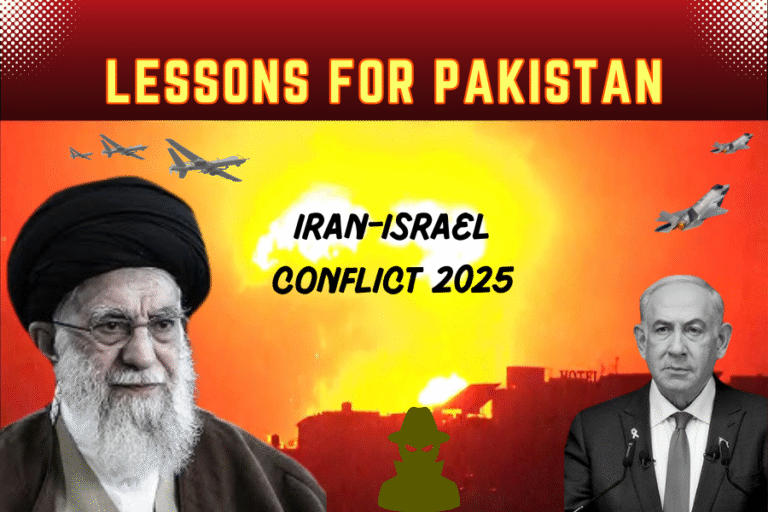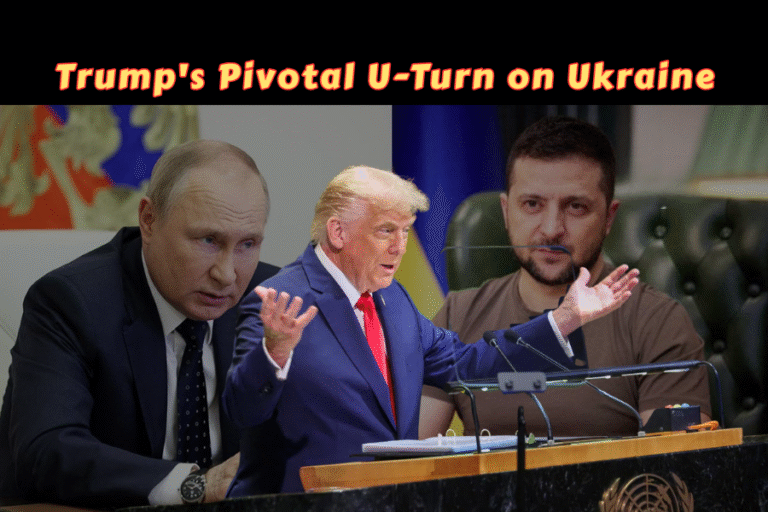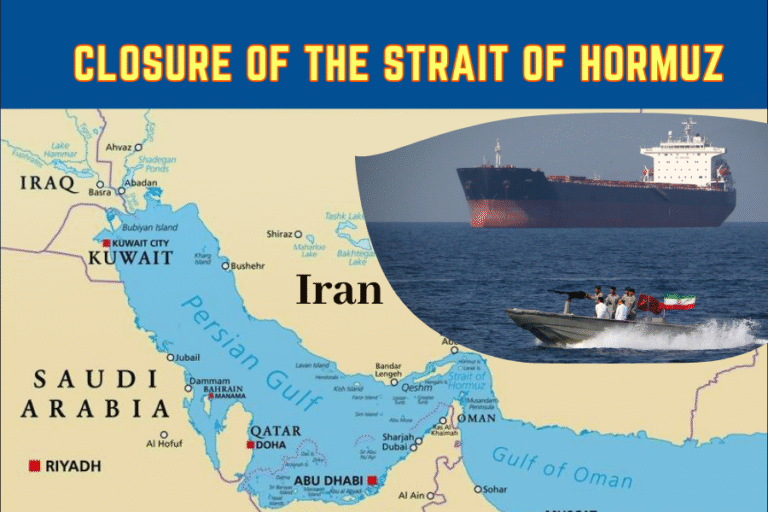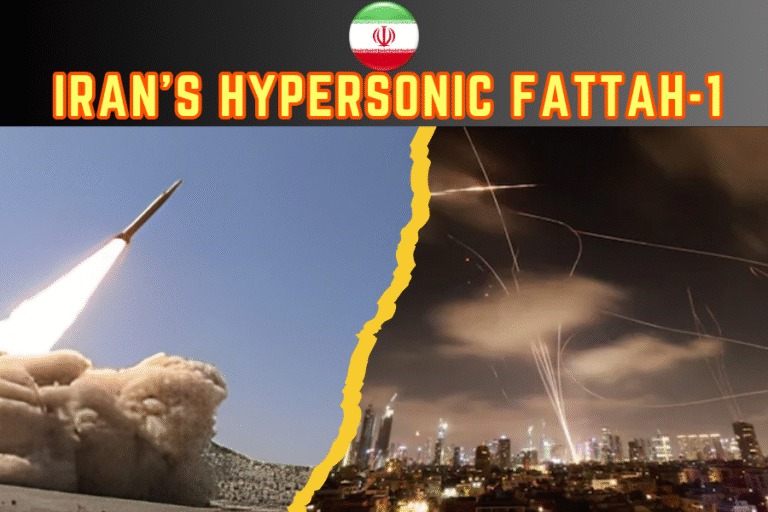(By Tahir Masood)
U.S. President Donald Trump stood beside Israeli Prime Minister Benjamin Netanyahu and announced a 20-point Gaza plan. Trump called it a road to peace. In reality, the plan empowers Israel, weakens Palestinians, and forces them to surrender under pressure.
Trump gave Hamas “three or four days” to accept the deal. He warned that rejection would give Israel the green light to continue its military campaign indefinitely. His message was blunt: take it or leave it. But can anyone impose peace on a people through ultimatums?
Trump and Netanyahu Excluded Palestinians
Neither Trump nor Netanyahu invited Palestinians to draft the plan. They sidelined Hamas, the Palestinian Authority, and every other faction. Netanyahu’s advisers and Trump’s son-in-law Jared Kushner shaped the deal behind closed doors. Kushner’s business ties in the region raise serious concerns about conflicts of interest.
Senior Hamas leader Mohammad Nazzal rejected the plan outright: “This plan is not Trump’s plan; it is an Israeli plan. The U.S. is acting as Israel’s agent, not as a mediator.”
The Plan Demands While Israel Gains
The plan orders Hamas to release all Israeli captives within 72 hours. Only then would Israel consider freeing a limited number of Palestinian prisoners. Israel, however, has repeatedly broken ceasefire agreements, including the January 2025 deal, when it bombed Gaza despite U.S. guarantees.
Why should Palestinians trust the same promise again?
The plan also demands that Hamas dismantle its defensive weapons. Meanwhile, Israel keeps its nuclear arsenal and military dominance untouched. As Nazzal observed: “No one talks about disarming the Zionist entity, while there is talk about disarming the Palestinian resistance.”
Arab States Voice Anger
Some Arab and Muslim states initially welcomed the announcement, but they quickly pulled back. Leaders complained that the White House changed the final draft without notice. Netanyahu reportedly forced through key changes hours before the announcement—changes that hardened Israeli demands and erased concessions Arab states thought they secured.
Pakistan flatly rejected the plan, saying, “It is not our document.” Egypt, Qatar, and Turkey praised certain clauses but warned that “the devil lies in the details.”
Hamas Frames It as a National Issue
Hamas leaders declared that the plan attacks not just their movement but the entire Palestinian cause. Palestinian Islamic Jihad (PIJ) supported that position, calling the plan “a recipe for continued aggression.” Both groups stressed that only the Palestinian nation—not external powers—can decide questions of governance, statehood, and Gaza’s future.
Netanyahu Pushes the Greater Israel Agenda
Hamas leaders warn that Netanyahu seeks more than Gaza. He promotes the idea of a “Greater Israel,” which threatens not just Palestinians but also Egypt, Jordan, Syria, and Lebanon.
The warning is clear: today Netanyahu targets Gaza, tomorrow he could destabilize the whole region.
The Verdict
Trump and Netanyahu brand the plan as peace, but they designed it as surrender. The plan strips Palestinians of leverage, forces them to disarm, and demands trust in an Israel that has repeatedly violated past agreements. Meanwhile, it hands Israel indefinite control over Gaza and international cover to chase its expansionist dreams.
True peace requires recognition, respect, and equal stake—not ultimatums, deception, and exclusion. Until U.S. and Israeli leaders deal with Palestinians as partners rather than obstacles, their so-called peace plans will remain what Palestinians rightly see them as: political traps.
Quick Take :
Netanyahu continues to push his “Greater Israel” agenda, threatening the whole region.
Trump and Netanyahu issued ultimatums, not peace.
They excluded Palestinians from the plan.
They demanded disarmament of Hamas while preserving Israel’s unchecked power.
Arab states expressed anger at last-minute changes.
Hamas and PIJ framed the issue as a national cause, not a factional one.







